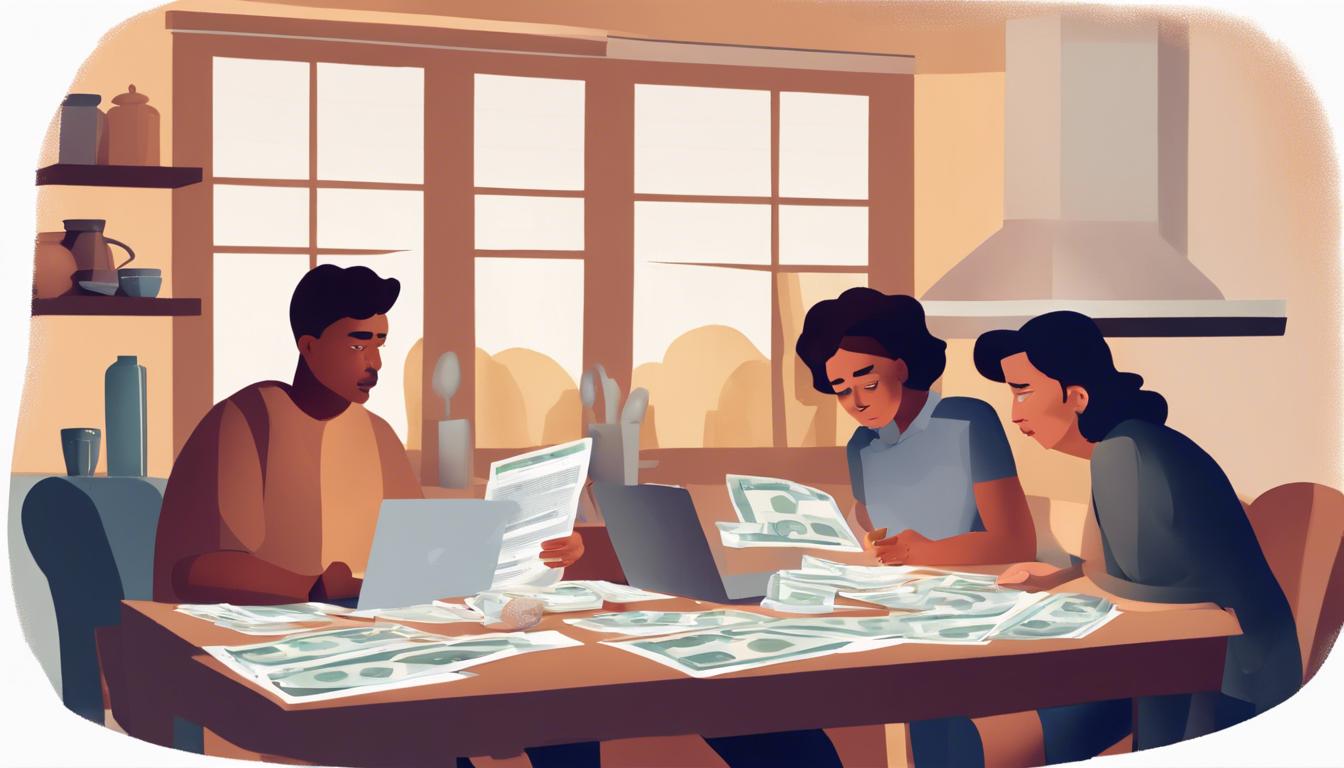With escalating costs in essential services pushing UK households into financial duress, experts advise on budget management and an upcoming boost in state pension offers a glimmer of hope.
In the UK, households are experiencing increased financial pressure due to rising costs in essential services like council tax, water, broadband, and phone bills, with a survey revealing over half lack a budget to manage these escalating expenses. Amid these challenges, financial planner Carla Morris of RBC Brewin Dolphin underscores the necessity of budgeting. Morris advises utilising online tools for tracking expenses and exploring ways to either augment income or slash expenditures, especially by reviewing direct debits and prioritising debts. She also highlights the importance of assessing eligibility for benefits or seeking assistance from debt charities as means to prevent falling into debt.
Simultaneously, a boost in financial support for pensioners is on the horizon, with the state pension set to increase by 8.5% from Monday, under the triple lock system. This adjustment will see those on the full new flat-rate state pension receive £221.20 weekly, and those on the full old basic state pension will get £169.50 per week. The triple lock, introduced in 2010, ensures the state pension keeps pace with the highest of either inflation, average wage increases, or a minimum of 2.5%. Both the Conservatives and Labour have pledged to maintain this system. The state pension age is projected to rise, potentially reaching 68 between 2044 and 2046 for those born after 5 April 1977. Additionally, pensioners may qualify for further financial support through the Pension Credit, cost-of-living payments, housing benefits, council tax reductions, and the annual winter fuel payment, catering to those born before 25 September 1957.













